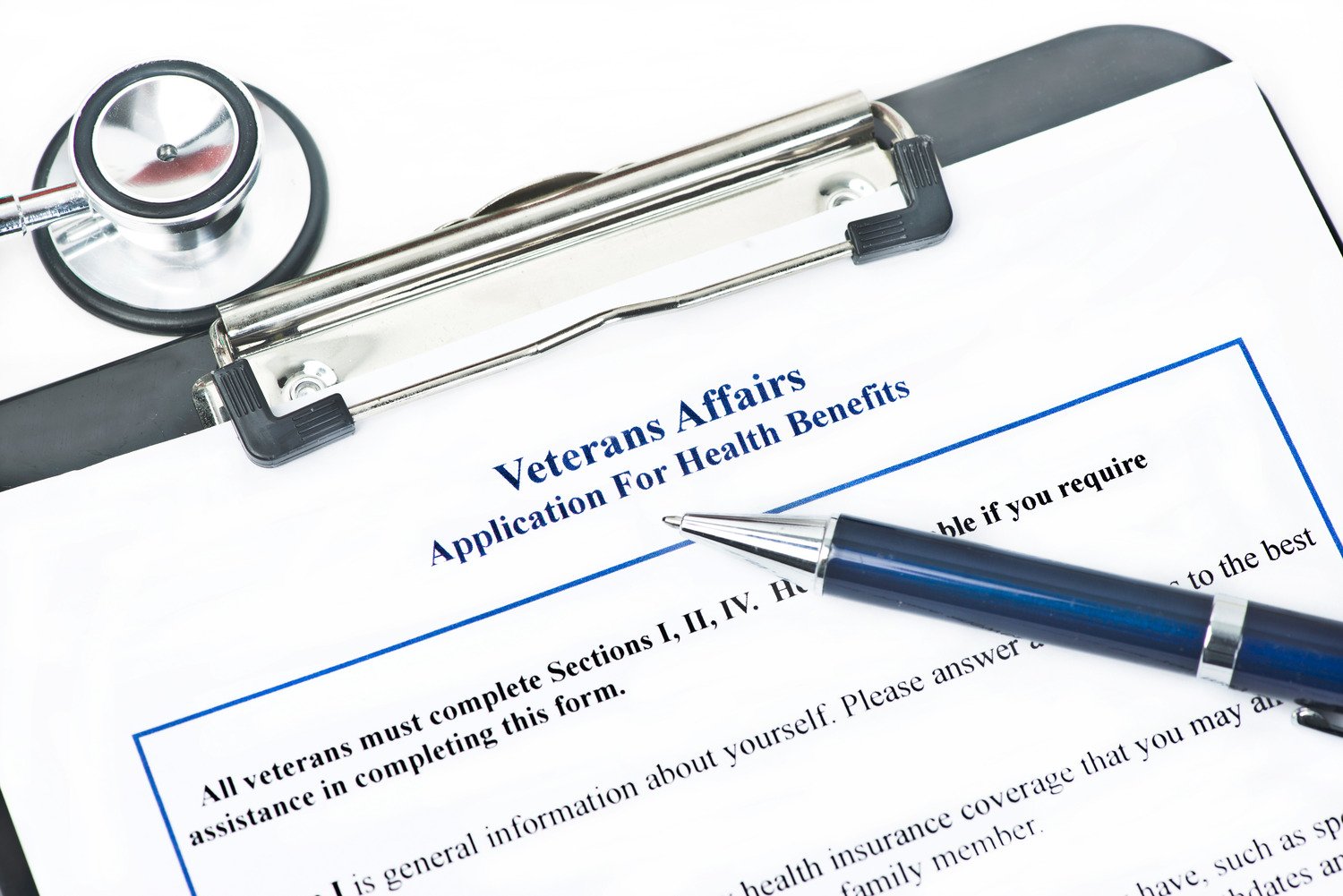Recent Posts
Categories
VA Duty to Assist Error: Explanation and How it Applies to You
A duty to assist error means the VA failed to properly gather evidence, schedule necessary exams, or fully develop your case, and now they must go back and fix it. While it can be frustrating to learn that the VA made a mistake in handling your claim, this error also presents an opportunity to correct the issue and improve your chances of receiving the benefits you deserve.
Understanding what this means and how to respond can make all the difference in your claim’s outcome. In this post, we’ll break down what a duty to assist error is, what steps you need to take, and how this process can work in your favor.
VA Duty to Assist: What It Means for Veterans
The VA duty to assist is a legal obligation requiring the U.S. Department of Veterans Affairs (VA) to help veterans gather evidence necessary to support their claims for disability benefits, pensions, or other VA-related compensation.
VA Obligations Under Duty to Assist
When a veteran files a claim, the VA is required by law to:
- Request Federal Records – The VA must obtain service records, VA medical records, and relevant documents from federal agencies.
- Request Private Medical Records – If the veteran provides authorization, the VA must request private treatment records.
- Schedule a Medical Exam (C&P Exam) – If needed, the VA must arrange a Compensation & Pension (C&P) exam or obtain a medical opinion.
- Provide Clear Communication – The VA must notify the veteran of any missing evidence and allow them to submit additional documents.

What is a Duty to Assist Error?
A duty to assist error occurs when the VA fails to properly assist a veteran in obtaining the evidence needed to support their disability claim. The duty to assist is a legal obligation under the Veterans Appeals Modernization Act (AMA), requiring the VA to help veterans gather relevant records, provide necessary medical exams, and ensure all required evidence is considered.
Common Types of Duty to Assist Errors
There are quite a few different types of duty to assist errors, but a majority of them consist of the following:
- Failure to Obtain Records – The VA does not request or retrieve medical, service, or private treatment records that are necessary for the claim.
- Insufficient Medical Examinations – The VA provides an inadequate medical exam or fails to obtain a medical opinion when required.
- Not Addressing All Claims – The VA overlooks key issues or evidence in the claim.
- Failure to Notify the Veteran – The VA does not properly inform the veteran of what evidence is needed to support their claim.
If a duty to assist error is identified, the claim is often remanded (sent back) for correction. The VA must then fix the mistake before making a final decision.
What to Do if You Receive a Duty to Assist Error
If you receive a duty to assist error, your next steps will depend on what the VA overlooked, but it typically involves attending additional exams, submitting missing records, or providing other necessary documentation. An acknowledgment of a duty to assist error is good for your case and could help you receive more benefits, but you’ll need to remain cooperative throughout the process.
Be sure to follow all VA instructions and submit any requested information promptly. When an error occurs, you do not need to file an appeal because the case is already being looked over for a second time. If the VA does not properly address the error or still denies your claim after making corrections, your next step would be to file an appeal with the help of a VA accredited attorney. A duty to assist error will strengthen your case, giving you a chance to submit more supporting evidence and acknowledge mistakes were made in your case.
How Long Does It Take to Fix a Duty to Assist Error?
The process of fixing a duty to assist error takes on average around 3 months. The best way to keep the process moving is by providing all the information that’s needed from the VA in a timely manner. Sometimes the error can be fixed internally but you’ll still need to respond and work through the process with them. If you’re required to go to different appointments, then getting them scheduled sooner rather than later will help your case.
Thankfully, if your case is later approved and benefits granted, you should receive back pay for any missed benefits. Make sure to take note of the effective date for the backpay. Sometimes the VA makes mistakes here which lead to you missing out on receiving all of the back pay you were entitled to.

When is Your Right to VA Assist Forfeited?
Your right to VA duty to assist is forfeited in certain situations, meaning the VA is no longer required to help you gather evidence for your claim. Here are the main circumstances when this happens:
1. After the VA Issues a Decision on Your Claim
The duty to assist only applies while the VA is developing your initial claim or an appeal before a decision is made. Once the VA issues a final decision, the duty to assist no longer applies, except in cases of an error. If this has happened to you, hiring an attorney to help gather and submit new evidence can be extremely beneficial before appealing any decisions.
2. When You File a Board Appeal (Evidence Submission or Direct Review Docket)
If you appeal your case to the Board of Veterans' Appeals (BVA), your right to VA assistance depends on the type of appeal you choose:
- Direct Review Docket – No new evidence is considered, and the duty to assist is forfeited.
- Evidence Submission Docket – You can submit new evidence, but the VA will not assist in gathering more records.
- Hearing Docket – If a judge identifies a duty to assist error, the case may be remanded, and the VA must assist again.
3. If You Do Not Cooperate with the VA’s Requests
The VA may deny assistance if you refuse to provide necessary information, such as not signing medical release forms or failing to attend a C&P exam without good cause. If you ignore VA requests for additional evidence needed to process your claim, the VA can decide the claim based on the available records.
4. In Higher-Level Review Appeals
f you request a higher-level review (HLR) after a denial, the VA will only review existing evidence. The duty to assist does not apply at this stage, so the VA will not gather new records or schedule exams.
What is a Higher-Level Review and How Does it Affect Duty to Assist?
A higher-level review (HLR) is an appeal option for veterans who disagree with a VA decision on their disability claim but do not have new evidence to submit. In an HLR, a more experienced VA administrator reviews the case to determine if the original decision was made in error. The reviewer only looks at the evidence that was already in the claim file at the time of the initial decision, meaning no new records or documents can be added. If the reviewer finds a clear mistake or misinterpretation of the law, they can overturn the previous decision and grant benefits.
When it comes to the duty to assist, the VA does not have an obligation to gather new evidence or schedule additional exams during an HLR. However, if the reviewer finds that a duty to assist error occurred in the original claim decision (such as missing medical records or an improperly denied exam), they must send the case back for correction. This means the VA will fix the error and reconsider the claim, potentially leading to a better outcome. An HLR also has the potential to overturn a previous decision and approve your application. While an HLR can be a faster appeal option, it is not ideal if you have new evidence to strengthen your case—in that situation, a supplemental claim is the better choice. If you are unsure which option is best in your situation, we recommend reaching out to an experienced VA accredited attorney to sort it out for you.
Using a Supplemental Claim for New Evidence
A supplemental claim is an appeal option for veterans who have new and relevant evidence to support their VA disability claim after a denial or an unfavorable decision. Unlike a higher-level review, a supplemental claim lets you submit additional medical records, service records, or expert opinions that could change the outcome of your case. The VA is also required to assist in gathering evidence if needed, such as obtaining missing medical records or scheduling a new compensation & pension (C&P) exam.
If the VA previously made a duty to assist error, filing a supplemental claim allows them to correct the mistake by gathering the missing evidence or re-evaluating the case properly. This can improve your chances of getting the benefits you deserve. The VA aims to process supplemental claims within 4 to 5 months, making it a good option if you have strong new evidence that could lead to a better decision.
YOU DON’T HAVE TO DO THIS ALONE
CONTACT VA DISABILITY LAWYERS
To learn more about our law firm, our services, how to access our veterans law resources, and more, contact us today.
You get a free consultation and we won’t charge you a dime until we’ve won your case.



